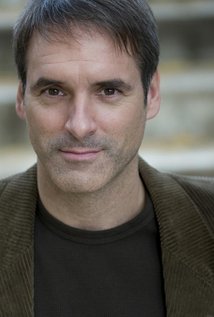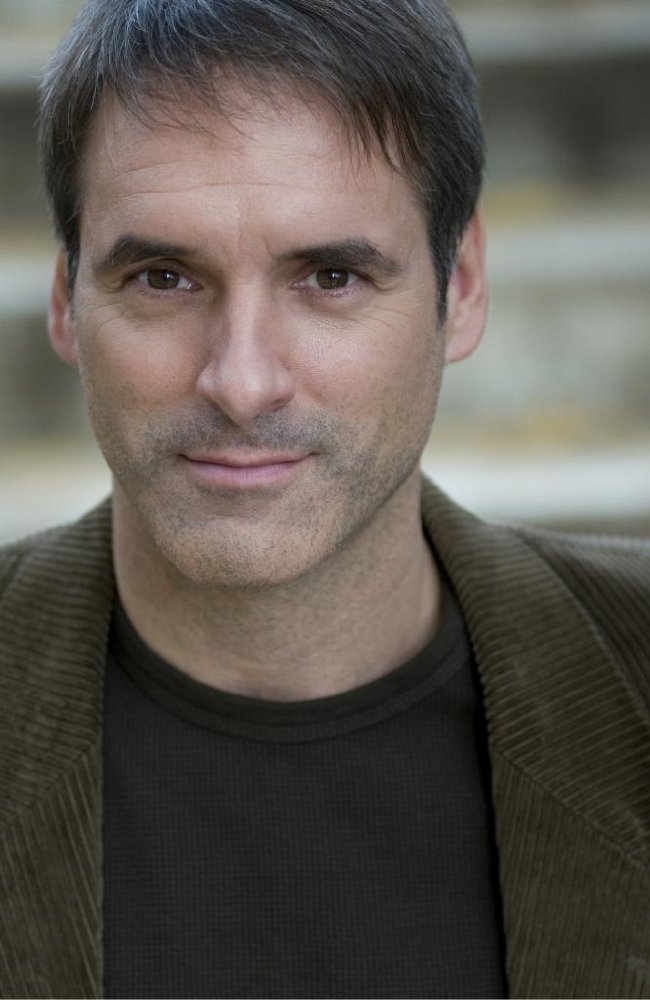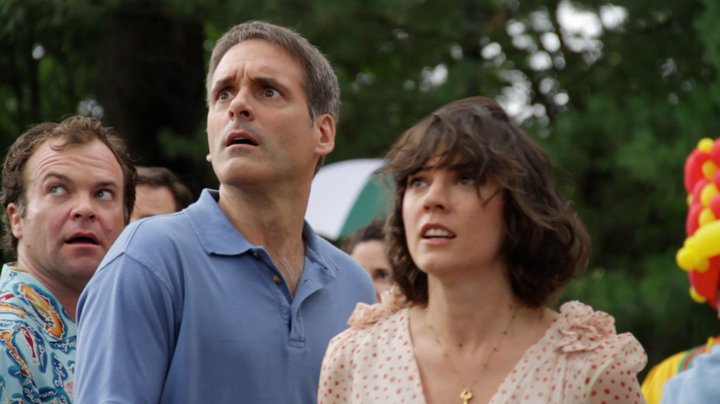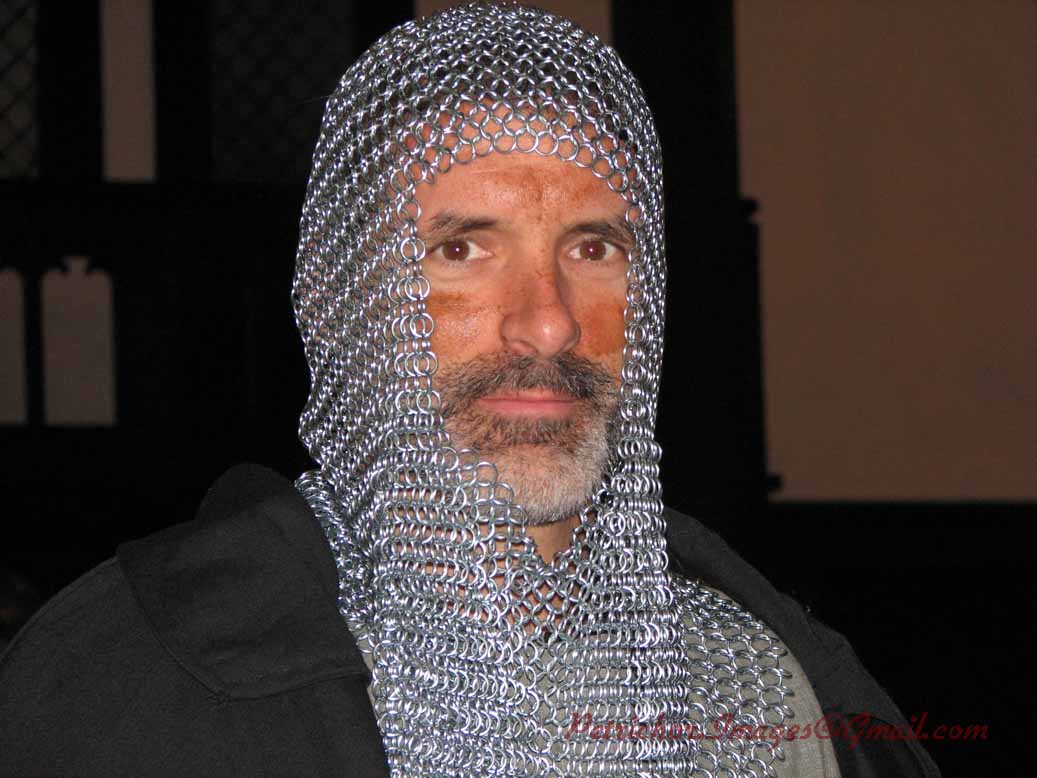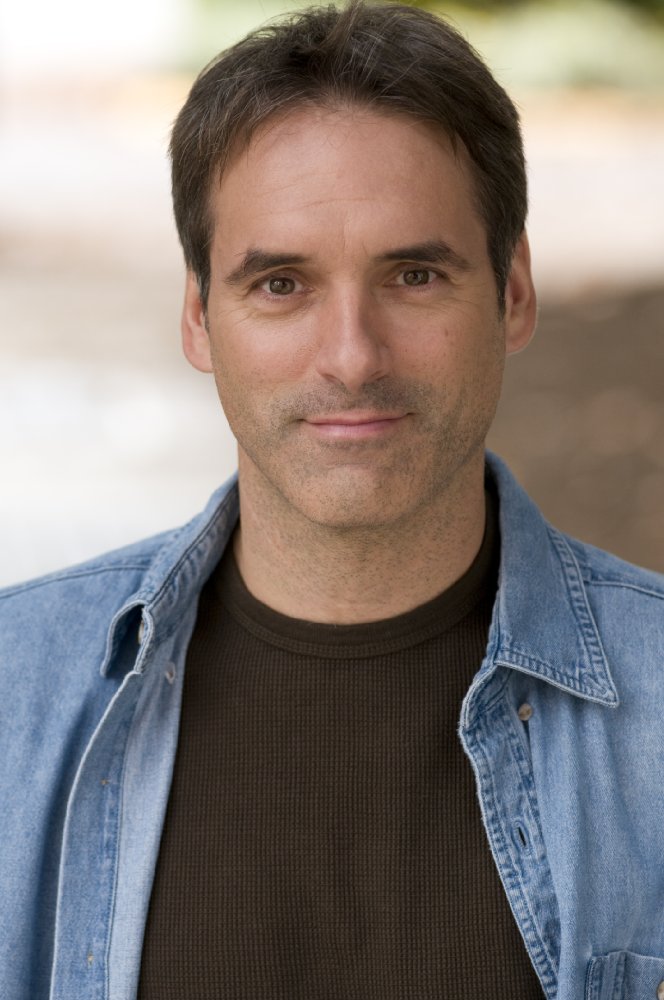Lee Ordeman was born in Washington, D.C. His father, a former Marine, was a school administrator and scholar of literature and art history. His mother was a painter and teacher of art, and so naturally the house was full of books and art. He grew up mainly in the Baltimore area, spending the occasional summer in England with the family of his Briti...
Show more »
Lee Ordeman was born in Washington, D.C. His father, a former Marine, was a school administrator and scholar of literature and art history. His mother was a painter and teacher of art, and so naturally the house was full of books and art. He grew up mainly in the Baltimore area, spending the occasional summer in England with the family of his British mother. For eight years from the age of ten, he sang in a traditional men-and-boys church choir and devoted himself to wrestling and lacrosse. He spent most of his boyhood summers barefoot on an island in the St. Lawrence River, where there was no television - just the water, boats, playmates and his imagination to occupy the time.He attended Williams College in Massachusetts and, for a year, the University of Sussex in England, studying mainly literature and art history. Despite regular encouragement from teachers and friends, he resisted taking up acting, and focused on the prospect of writing and journalism as a living. Outside of class he wrestled and played lacrosse at the varsity levels and represented Surrey County, England, in lacrosse. After attending a performance of the London Contemporary Dance Theatre, he began to study dance performance. Upon graduating from Williams, he taught English in Japan for two years while studying the language and martial arts.He returned to the States, worked briefly as a social worker and then attended journalism school at the Newhouse School of Public Communications at Syracuse University. From there he headed back to Japan where he wrote and edited for The Japan Times, which published English language daily and weekly papers. There he specialized in Japanese foreign affairs and the arts. His aim was a career in journalism, focusing on Japan and foreign affairs, but during ten years in Tokyo other interests took hold. He continued to study martial arts and dance, qualifying as a teacher of the martial art Shintaido and joining the studio of avant garde choreographer Kei Takei. For five years he danced in her company Moving Earth, with which he performed and toured internationally.Upon returning to the U.S., he moved back to his hometown Baltimore, continued to teach Shintaido, and - taking a break from journalism - worked as a middle school English teacher and coach. After deciding to give up dance performance for the sake of his aching knees, he found himself cajoled into taking a role in the school's musical production. This experience piqued an interest in acting. He began to study with the director and educator Paul Berman and participate in amateur and professional productions in Baltimore. Within a year he decided to pursue acting full time. He moved to Washington, D.C., to study drama at Catholic University, where he received an MFA and has since worked professionally on stage and on camera.He appears regularly on stage in the mid-Atlantic region, keeps busy in the region's commercial and industrial markets, and acts in national projects, including the HBO film Game Change (2012) and Better Living Through Chemistry (2014). Current and upcoming projects include the award-winning Web series "The Videomakers" and the feature Widow Creek.
Show less «

